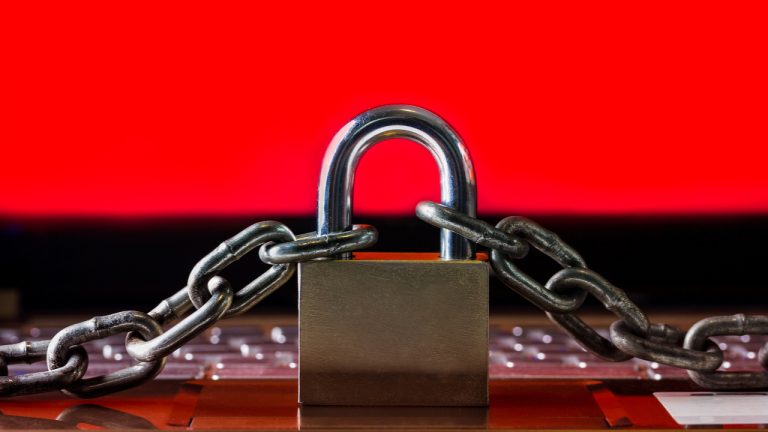
KnowBe4 ALERT: New Ransomware Spear-phish Uses Dropbox Attack
Competition is escalating with gangs furiously innovating in an attempt to grab as much money as possible. Call it a criminal virtual land-grab.
The cyber-mafia is stepping up pressure with a new, highly malicious ransomware strain that only takes one click to infect a workstation. This aggressive ransomware gives the victim a mere 24 hours to pay the ransom in Bitcoin. It's called the "Pacman" ransomware, suggesting pictures of something eating up all files. This attack has been rated high-risk because of its highly targeted nature and the degree of social engineering used.
According to KnowBe4 CEO Stu Sjouwerman,
“Europe is often used as a beta-testing ground for attacks on the U.S., so you can expect this to happen here. The problem is that this spear phishing attack is focused on a small vertical, but fully automated. In this case it's chiropractors in Denmark. However, with tens of millions of data-breach records out there, targeted spear-phishing becomes much easier to execute.”
This new ransomware strain is highly malicious. In addition to its ransomware payload, the code includes a keylogger and has "kill process" capabilities that shut down Windows operating system functions like taskmgr, cmd, regedit and more which makes it very hard to remove this malware.
Initially reported by CSIS, the email, using perfect Danish, is disguised as a "possible new patient", just moving into the area, with bad neck and back problems, and looking for a new therapist. The new patient conveniently has links to his MRI and CT scan, because his back is a case of its own.
The malicious code has been developed in .NET, so it needs to have the .NET package installed, which most Windows machines have installed by default these days. From there, "pacman.exe" is extracted and dropped on to the system while initializing the encryption of files on the local hard disk. The code searches the disk for data files which are subsequently encrypted. After a system has been compromised it will call home to the central Command & Control server. A new file extension ".ENCRYPTED" is added to all files and the process replaces the desktop of the infected machine with instructions on how to regain access to the data.
Sjouwerman further stated,
“Competition is escalating with gangs furiously innovating in an attempt to grab as much money as possible. Call it a criminal virtual land-grab. Next time it can be your employees getting one of these in their inbox, specifically targeted for your company.”
Sjouwerman advises:
“1) If you have not done so already, on your "edge" device whether this is a web-filter, proxy server or firewall, include Dropbox as a blocked domain. This may not be popular but it's a corporate survival point. It's also a way to get back some control over "shadow-IT".
"2) Immediately step your users through effective security awareness training, so that they will spot the red flags related to ransomware spear phishing attacks.”
For more information or to get a free phishing test to see how “phish-prone” your employees are, visit: http://www.knowbe4.com/
About Stu Sjouwerman and KnowBe4
Stu Sjouwerman (pronounced “shower-man”) is the founder and CEO of KnowBe4, LLC, which provides web-based Security Awareness Training (employee security education and behavior management) to small and medium-sized enterprises. A data security expert with more than 30 years in the IT industry, Sjouwerman was the co-founder of Inc. 500 company Sunbelt Software, an award-winning anti-malware software company that he and his partner sold to GFI Software in 2010. Realizing that the human element of security was being seriously neglected, Sjouwerman decided to help entrepreneurs tackle cybercrime tactics through advanced security awareness training. KnowBe4 services hundreds of customers in a variety of industries, including highly-regulated fields such as healthcare, finance and insurance and is experiencing explosive growth with a surge of 427% in 2013 alone. Sjouwerman is the author of four books, with his latest being Cyberheist: The Biggest Financial Threat Facing American Businesses.
About Kevin Mitnick
Kevin Mitnick is an internationally recognized computer security expert with extensive experience in exposing the vulnerabilities of complex operating systems and telecommunications devices. He gained notoriety as a highly skilled hacker who penetrated some of the most resilient computer systems ever developed. Today, Mitnick is renowned as an information security consultant and speaker, and has authored three books, including The New York Times best seller Ghost in the Wires. His latest endeavor is a collaboration with KnowBe4, LLC.
Related News





